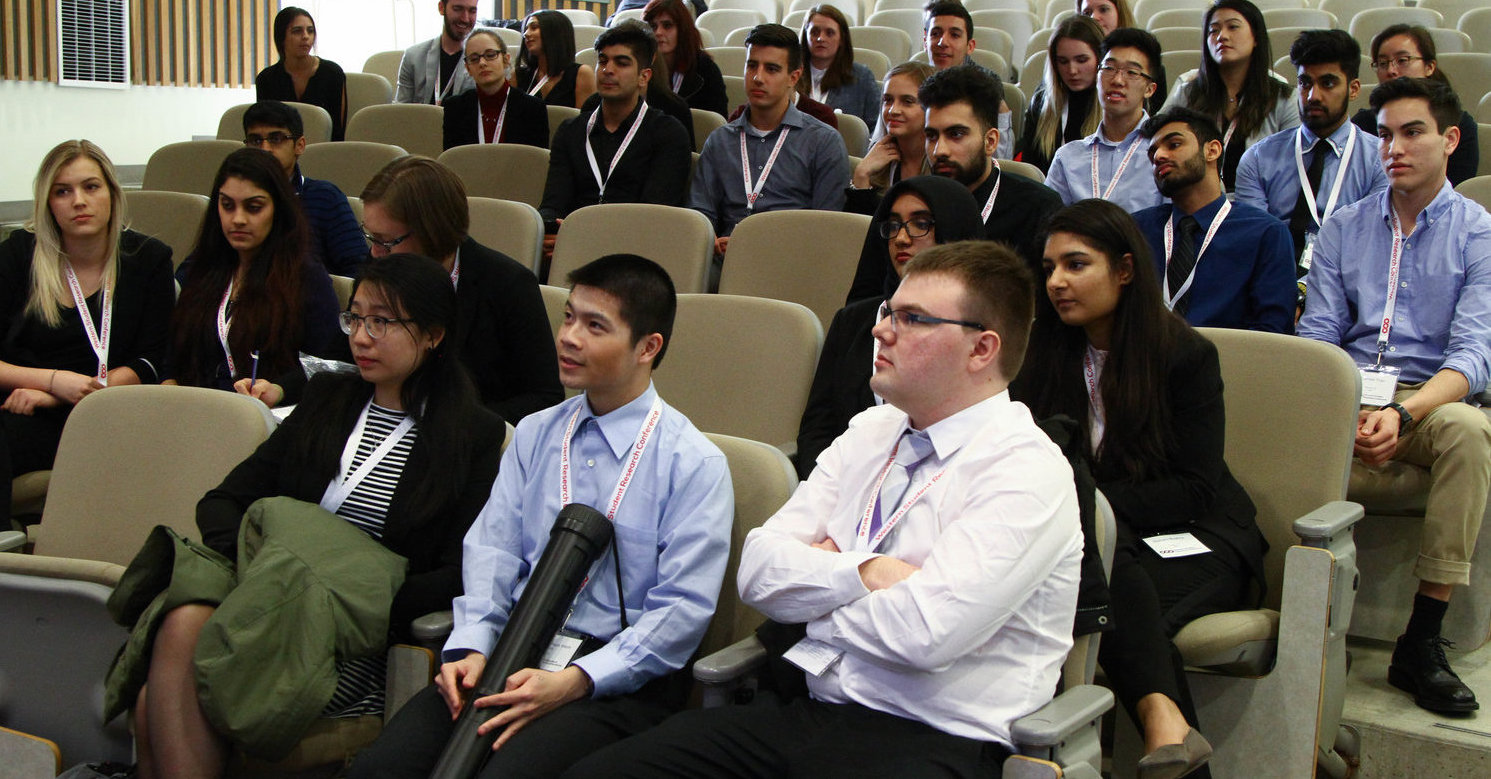Information Seeking Behaviour is Biased Towards Familiarity Following Prospective Memory Judgements
Abstract
Widespread research indicates information seeking is driven by novelty, however, recent findings reveal that when asked to make a memory retrieval judgement prior to information seeking, individuals illustrate familiarity preferences. The type of judgement typically used in this work is a feeling-of-knowing judgment, which probes the likelihood of recognizing a target in the future even after a failed recall attempt in the present. The present work examines how information-seeking preferences, with regard to the novelty-familiarity dimension, varies in relation to the nature of a prior judgement, specifically, a memory retrieval judgement. The experimental paradigm involves an initial encoding phase for face-name pairs, followed by either a memory judgement – a retrieval attempt followed by a feeling-of-knowing rating – or a likeability judgement. After this judgement, face cues, both previously memorized and novel, are provided again, and the distribution of limited restudy choices for the face-name associations is examined. Initial findings suggest that a higher feeling-of-knowing rating increases participants’ tendencies to re-explore familiar information over novel face-name pairs. Furthermore, we expect likeability to act as a baseline condition in which previously seen novelty preferences will be replicated. This would be evidence that feeling-of-knowing judgements motivate information-seeking towards familiarity. Future work should determine the effects of other types of judgements on information seeking, such as whether the prediction of future success is a key component of a shift towards familiarity preferences.
Presentation Type
Oral Presentation
Information Seeking Behaviour is Biased Towards Familiarity Following Prospective Memory Judgements
Widespread research indicates information seeking is driven by novelty, however, recent findings reveal that when asked to make a memory retrieval judgement prior to information seeking, individuals illustrate familiarity preferences. The type of judgement typically used in this work is a feeling-of-knowing judgment, which probes the likelihood of recognizing a target in the future even after a failed recall attempt in the present. The present work examines how information-seeking preferences, with regard to the novelty-familiarity dimension, varies in relation to the nature of a prior judgement, specifically, a memory retrieval judgement. The experimental paradigm involves an initial encoding phase for face-name pairs, followed by either a memory judgement – a retrieval attempt followed by a feeling-of-knowing rating – or a likeability judgement. After this judgement, face cues, both previously memorized and novel, are provided again, and the distribution of limited restudy choices for the face-name associations is examined. Initial findings suggest that a higher feeling-of-knowing rating increases participants’ tendencies to re-explore familiar information over novel face-name pairs. Furthermore, we expect likeability to act as a baseline condition in which previously seen novelty preferences will be replicated. This would be evidence that feeling-of-knowing judgements motivate information-seeking towards familiarity. Future work should determine the effects of other types of judgements on information seeking, such as whether the prediction of future success is a key component of a shift towards familiarity preferences.



